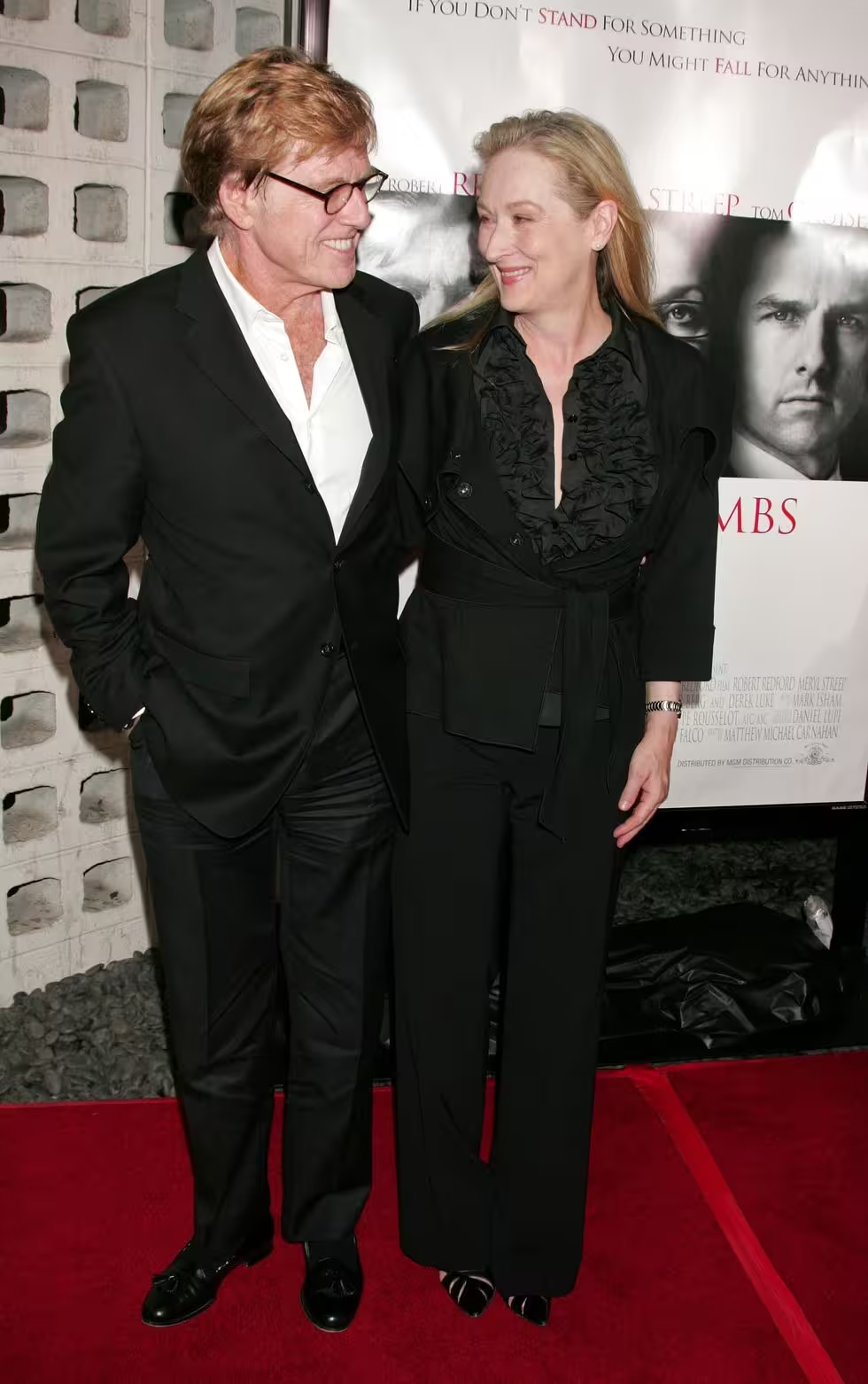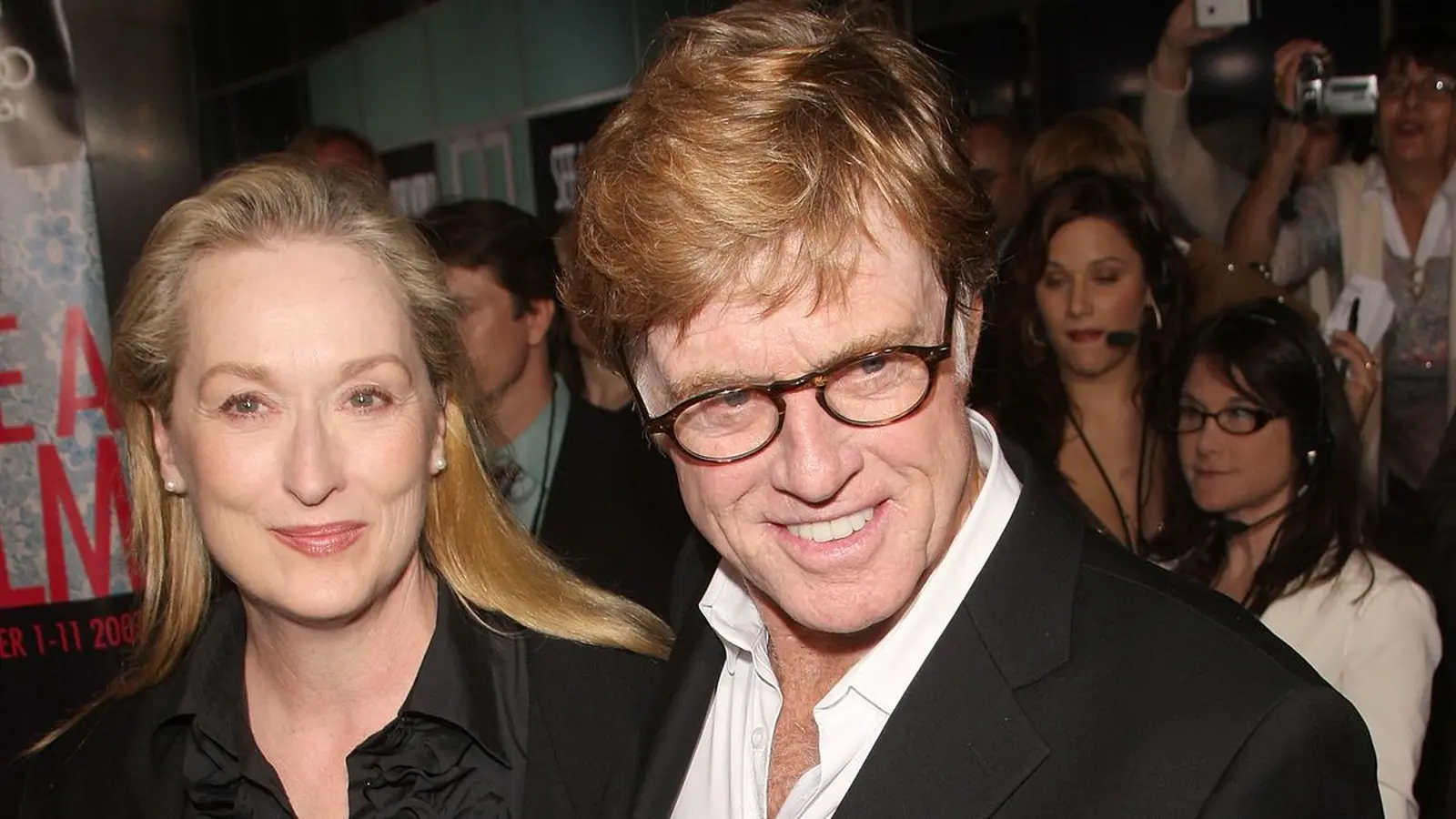5 Minutes
Hollywood responds as tributes flow in
News of Robert Redford’s death at 89 prompted an immediate wave of tributes from colleagues, political figures and the film community. Among the earliest public remembrances, Meryl Streep — who co-starred with Redford in Out of Africa — offered a simple, poignant line: 'One of the lions has passed. Rest in peace my lovely friend.' Her note captured a recurring theme in the responses: respect for Redford’s long career as an actor and filmmaker, and gratitude for his broader contributions to American cinema.
Tom Rothman, chairman and CEO of Sony Pictures Motion Picture Group, highlighted Redford’s dual impact as an artist and patron of independent film. Rothman recalled Redford’s role on the early Sundance Institute board and praised his sustained commitment to young filmmakers and indie stories. Utah Governor Spencer Cox emphasized a regional legacy too — crediting Redford with helping make Utah a global hub for storytelling through the Sundance Film Festival and conservation efforts.
Public figures across the political spectrum weighed in. Former Secretary of State Hillary Clinton noted Redford’s advocacy for the environment and the arts. President Donald Trump offered a measured recollection of Redford’s peak popularity, reflecting how the actor’s career crossed cultural and political lines.
Notable roles, directorial work and industry impact
Redford’s on-screen range runs from the romantic drama of The Way We Were to the noir-inflected spy thriller Three Days of the Condor and the unexpected earlier turn as a figural Death in a 1962 Twilight Zone episode, "Nothing in the Dark." As a director he earned acclaim with Ordinary People (1980), which won the Academy Award for Best Picture and established Redford as a serious, sensitive filmmaker behind the camera.
Beyond specific titles, Redford’s legacy is inseparable from Sundance. What began as the Utah/US Film Festival and the Sundance Institute grew into the Sundance Film Festival — a platform that helped launch films such as Coda and countless careers in independent cinema. Sundance’s influence reshaped festival culture globally, encouraging studios and streamers to hunt for festival discoveries and altering the distribution pipeline for smaller films.

Context and comparisons
Redford’s combination of star power and institution-building invites comparison to other actor-founders who reshaped film ecosystems — think Orson Welles’ early independent ambitions or, in a different era, Jane Fonda’s activist-film crossover. Unlike purely commercial stars, Redford blended mainstream box-office credentials with an enduring effort to protect creative spaces for emerging artists.
Critically, his career also mirrors shifts in Hollywood: the muscle of studio-era star vehicles, the political thrillers of the 1970s, and the rise of indie festivals in the 1980s and beyond. Those movements influenced how films are financed and promoted today, from festival buzz to streaming acquisitions.
Trivia and behind-the-scenes notes
- Redford’s Twilight Zone appearance is often cited by film buffs as a surprising and memorable early television role.
- Sundance began as a grassroots institute focused on preserving independent filmmaking; Redford’s advocacy for conservation often intersected with his festival work, linking place and storytelling.
- Directors and actors have repeatedly credited Sundance with changing how smaller films reach audiences — Marlee Matlin noted that Sundance helped shine a light on films like Coda.
"Redford's dual legacy as performer and institution-builder is rare," says cinema historian Leila Santos. "He not only shaped screen performances but also the infrastructure that supports new talent. That combination is why his influence persists beyond any single role."
What this means for film and culture
The immediate outpouring of statements — from colleagues on morning shows to governors and former presidents — reflects Redford’s multifaceted public life: movie star, Oscar-winning director, festival founder and environmental advocate. For the film industry, his passing is a moment to reassess how festivals, preservation, and activist filmmaking intersect.
Neutral observers and critics will likely continue to parse Redford’s filmography and institutional legacy in the weeks ahead, tracing lines between his artistic choices and the larger structures he helped build.
A final note: the scale of the response underlines an important truth about cultural figures who work both inside and outside the studio system — their influence is measured not only in box office or awards, but in the careers they nurture and the civic spaces they protect. Robert Redford’s imprint on American cinema and festival culture will remain a subject of study and appreciation for years to come.
Source: deadline


Leave a Comment